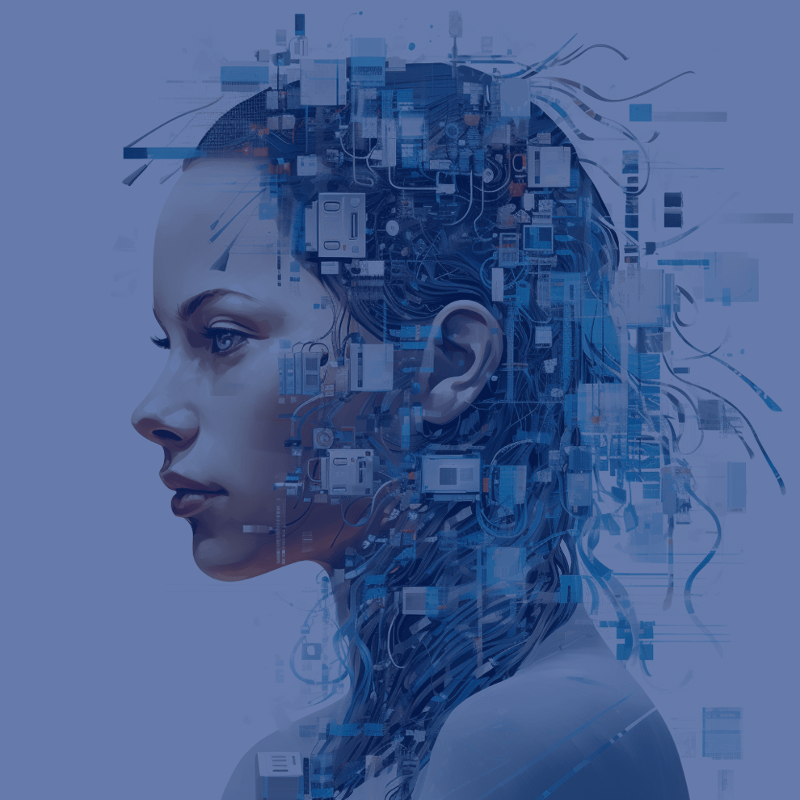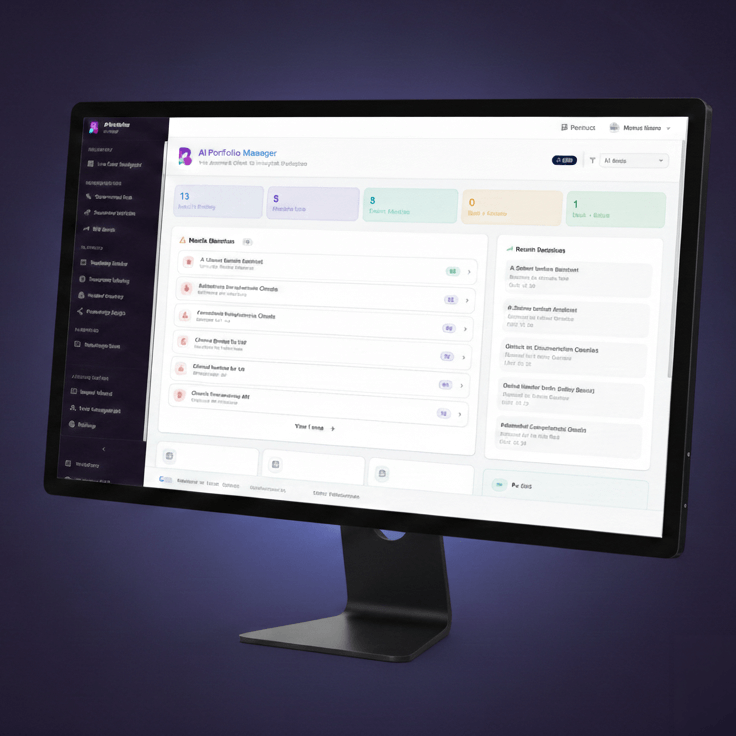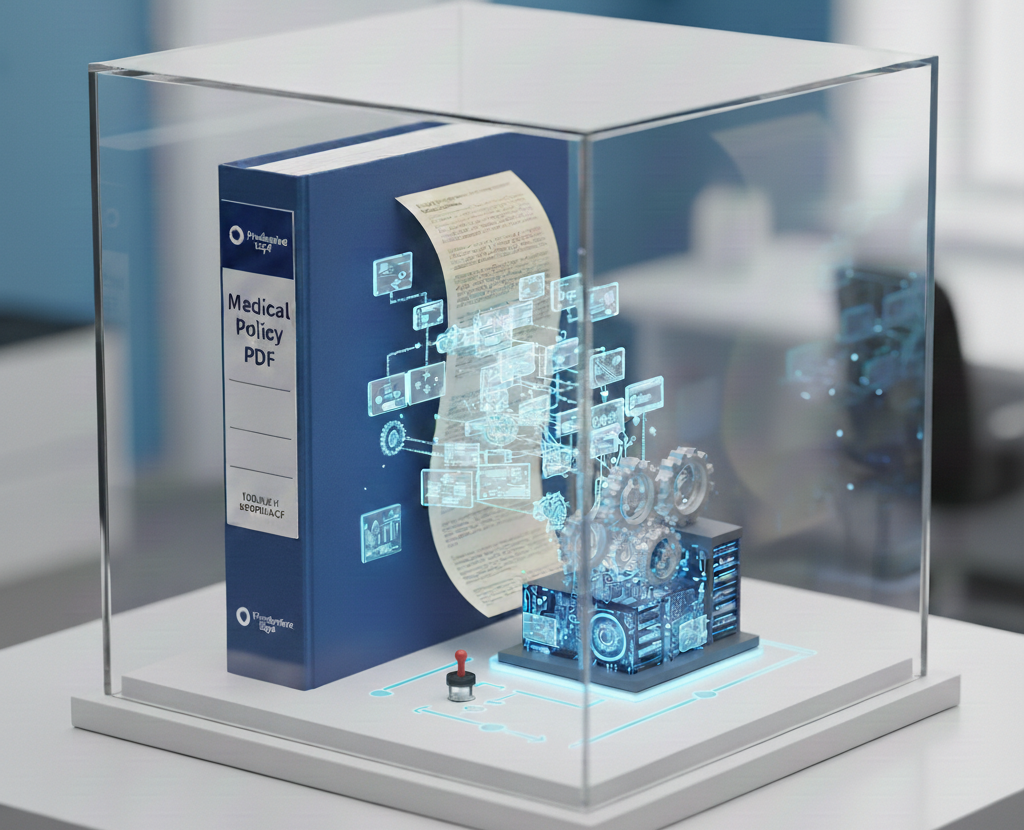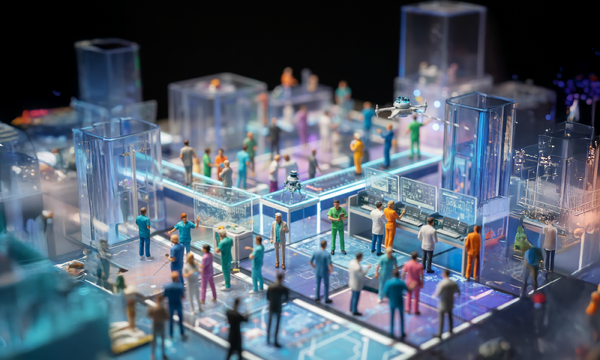With an estimated 5% of adults affected, depression can no longer be ignored. It’s a mental health disorder that is plaguing the global workforce, causing an estimated loss of 12 billion working days and US$ 1 trillion in productivity each year.
These statistics take a hefty toll not just on the individuals affected but on the economic health of companies as well, with an average annual cost of $10,836 per affected patient. The hurdles in care access and the stigma attached to mental health conditions prevent roughly 60% of those affected from seeking assistance, amplifying the need for a significant transformation in mental health care.
With the introduction of generative Artificial Intelligence (AI), a rapid shift in mental health care is emerging. Innovations like AI-based therapists and support systems via digital tools, including mobile and web-based applications, are creating an alternate and promising landscape. This technology-led evolution is promising to enhance patient access, redefine traditional care methodologies, and revolutionize mental health care.
What is Generative AI?
At the core of this transformation is generative AI. This category of AI focuses on generating new content, whether that's text, images, voice, or even predicting new molecular structures.
Leveraging machine learning algorithms, generative AI learns from existing data, grasps patterns, and generates outputs that mirror the original data set. This sophisticated modeling of patterns enables it to predict, simulate, and create content that holds significant potential for mental health care.
Generative AI in Mental Health
Generative AI can enable the mental health care industry to revolutionize many aspects of traditional therapy. From psychological counseling services, to more efficient diagnoses and treatment plans, it is designed to replicate the personal touch of manual therapists while simultaneously leveraging its capabilities for data processing and analysis.
For example, it can be used for more efficient diagnostic testing and to create personalized treatment plans. It can also be used for natural language processing (NLP) applications, such as identifying speech patterns in real-time or generating summaries of conversations between therapists and patients.
In addition, generative AI can enable personalization of mental health care, providing therapeutic interaction, supporting diagnosis, and monitoring mental health.
AI-Based Therapists and Conversation Agents
The rise of AI-based therapists and conversation agents, or chatbots, marks a significant milestone in mental health care. Companies like Woebot Labs, Inc., and X2AI are leading the way with their AI chatbots, Woebot and Tess, respectively. These chatbots employ cognitive-behavioral techniques to engage users in therapeutic conversation, providing instant psychological support.
An independent, randomized controlled trial of Woebot showed a significant reduction in symptoms of depression among users compared to an information-only control group. Meanwhile, Tess has been shown to significantly reduce symptoms of depression and anxiety in just two to four weeks of usage, with effects lasting up to 12 weeks post-intervention.
Assisting in Diagnosis
Diagnosis is the cornerstone of mental health care, yet the fragmentation of essential data across various sources and systems is a critical challenge that hampers fast and precise assessments. In a world where many organizations still lag in achieving optimal interoperability, the introduction of Generative AI becomes a game-changing solution.
By leveraging generative AI, healthcare providers can rapidly tap into a patient's medical history, family background, lifestyle, and other nuanced factors. The AI technology not only compiles this vital information but also employs complex pattern recognition to diagnose and even predict mental health disorders.
This powerful integration transforms the way mental health care is administered, enabling providers to reach beyond traditional limitations and deliver personalized, proactive treatment with unprecedented speed and accuracy.
Monitoring Mental Health
AI can also be used to monitor a patient's mental health over time. Gen AI systems can detect subtle changes in speech or text that may indicate worsening symptoms of depression and anxiety. This early detection can help clinicians initiate appropriate treatment before the condition worsens.
One company, Cogito Health, has developed a system that uses audio recordings of telephone conversations between patients and mental health professionals to monitor symptoms in real-time and provide feedback on patient engagement. The system also tracks changes over time to identify potential areas of concern or need for intervention.
Challenges and Future Perspectives
Generative AI is sparking a revolution in mental health care, though it's still early days. The excitement is real, but so are the challenges. Privacy is key—sensitive data powers AI, demanding ironclad protections and clear consent. And while AI is breaking new ground, it can't yet replace the human touch therapists provide. For now, AI shines as a support, enhancing traditional therapy rather than replacing it.
As AI evolves, its potential in mental health care grows exponentially, filling gaps and offering support where it's most needed. Generative AI isn't just the future; it's transforming the present, offering hope and innovative care solutions for mental health challenges worldwide. It's an exciting time, with AI becoming an essential ally in the journey towards accessible, efficient mental health care.
.png)




